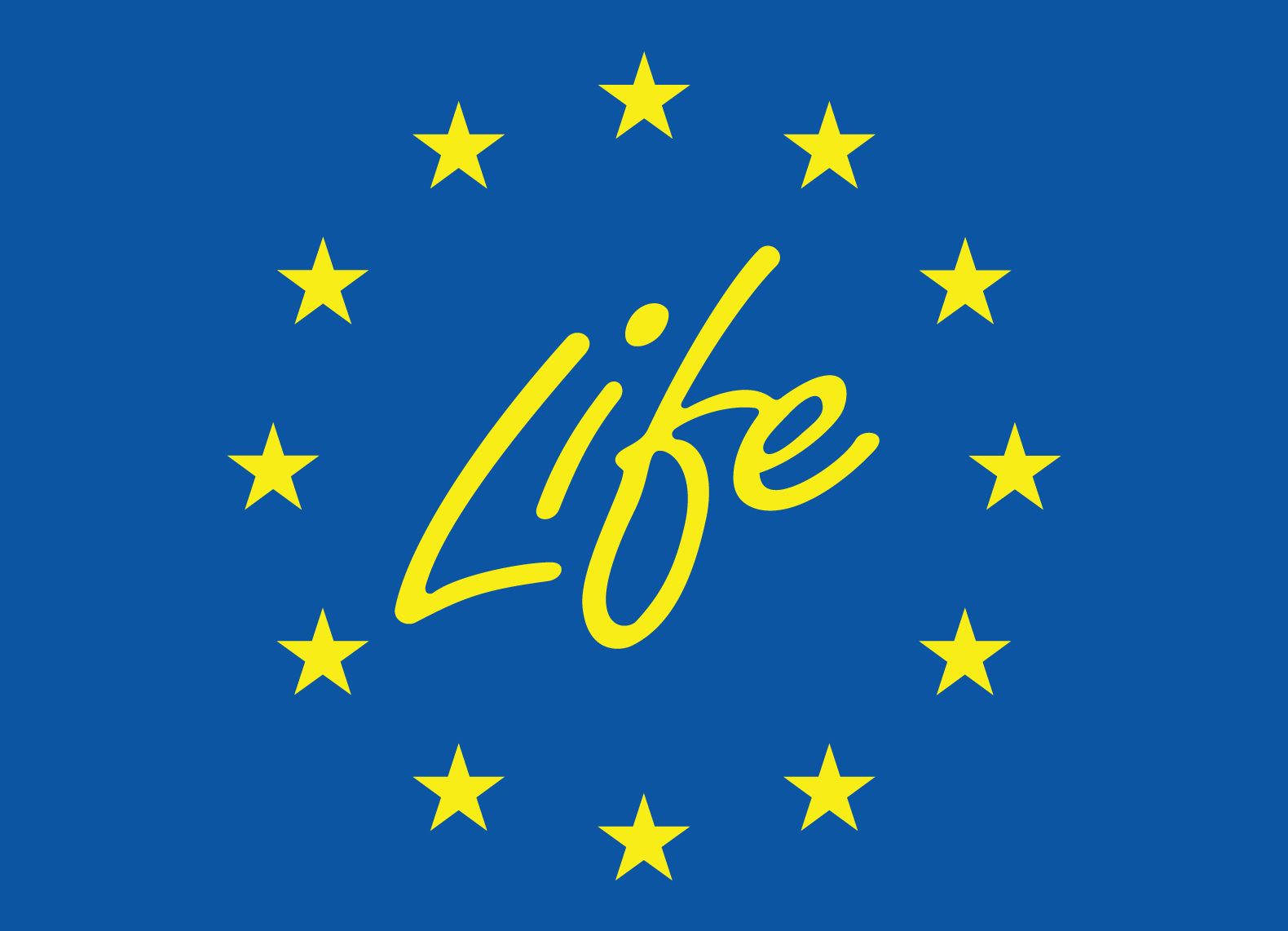Filter Search for grants
Program navigation
Program key data
LIFE - sub-programme “Nature and Biodiversity”

| Parent program | LIFE – Programme for the Environment and Climate Action |
| Link to the program | cinea.ec.europa.eu |
Content of program
| short description | The Nature and Biodiversity sub-programme will aim at the protection and restoration of Europe’s nature and halting and reversing biodiversity loss. Thus, the LIFE Nature and Biodiversity sub-programme will continue to fund nature conservation projects, in particular in the areas of biodiversity, habitats and species. It will support projects that contribute to the implementation of the EU Birds and Habitats directives, and in particular the development and management of the Natura 2000 network, and the IAS Regulation, and will support achieving the objectives of the EU’s biodiversity strategy for 2030, part of the EU Green Deal. |
| program objectives | The sub-programme “Nature and Biodiversity” will aim:
LIFE has been a key tool supporting the implementation of the Birds and Habitats Directives since 1992 and has been instrumental and, in some cases crucial, to ensure the establishment of the Natura 2000 network. The Nature Directives' fitness check, the Action plan for nature, people, and the economy as well as the EU Biodiversity Strategy for 20309 underline the need to increase funding for nature and biodiversity. The sub-programme Nature and Biodiversity will contribute to European Union objectives for the protection, maintenance and restoration of the Union’s natural capital in its marine, freshwater and terrestrial ecosystems, as outlined in the Convention on Biological Diversity, the Bern Convention. In particular, it will contribute to the achievement of the objectives of the EU Biodiversity Strategy for 2030, the EU Birds and Habitats Directives, the Regulation on Invasive Alien Species as well as relevant objectives under the Marine Strategy Framework Directive, the Water Framework Directive, and the European strategy for Outermost Regions. read more |
| Expected effects and impacts | The sub-programme for nature and biodiversity will mainly be implemented through the following types of actions:
The above types of actions can cover:
The actions above will target, among others, the implementation of the EU Habitats and Birds Directive and the Invasive Alien Species Regulation, the reversing of the decline of pollinators, the restoration of degraded and carbon-rich ecosystems and the improvement of health and resilience of forests. read more |
Eligibility criteria
| Regions / countries for funding | EU Member States, Overseas Countries and Territories (OCT) Moldova (Moldova), Iceland (Ísland), Montenegro (Црна Гора), North Macedonia (Северна Македонија), Ukraine (Україна) |
| eligible entities Partners |
Private institution, incl. private company (private for profit), Other, Non-Profit Organisation (NPO) / Non-Governmental Organisation (NGO), Small and medium-sized enterprise (SME), Public Body (national, regional and local; incl. EGTCs), Education and training institution, International organization, Research Institution incl. University |
| Mandatory partnership | No |
| Project Partnership | In order to be eligible, the applicants (beneficiaries and affiliated entities) must:
Natural persons are NOT eligible (with the exception of self-employed persons, i.e. sole traders, where the company does not have legal personality separate from that of the natural person). International organisations are not eligible. The rules on eligible countries do not apply to them. EU bodies (with the exception of the European Commission Joint Research Centre) can NOT be part of the consortium. Entities which do not have legal personality under their national law may exceptionally participate, provided that their representatives have the capacity to undertake legal obligations on their behalf, and offer guarantees for the protection of the EU financial interests equivalent to that offered by legal persons. Countries currently negotiating association agreements — Beneficiaries from countries with ongoing negotiations (see above) may participate in the call and can sign grants if the negotiations are concluded before grant signature (with retroactive effect, if provided in the agreement). |
Additional information
| Topics | Administration & Governance, Institutional Capacity & Cooperation, Air Quality, Biodiversity & Environment, Climate & Climate Change, Water quality & management, Circular Economy, Natural Resources, Disaster Prevention, Resilience, Risk Management |
| Relevance for EU Macro-Region | EUSAIR - EU Strategy for the Adriatic and Ionian Region, EUSALP - EU Strategy for the Alpine Space, EUSBSR - EU Strategy for the Baltic Sea Region, EUSDR - EU Strategy for the Danube Region |
| UN Sustainable Development Goals (UN-SDGs) |
|
| Program documents | Verordnung (EU) 2021/783 zur Einrichtung des Programms für die Umwelt- und Klimapolitik (LIFE) (884kB) Regulation 2021/783 establishing a Programme for the Environment and Climate Action (LIFE) (904kB) LIFE - Priority Topics 2025-2027 (8873kB) LIFE Multiannual work programme 2025-2027 - EN (515kB) |
| Contact | LIFE Programme NCPs Website European Climate Infrastructure and Environment Executive Agency (CINEA) - LIFE Website |
Geschlossene Calls
18.04.2023 - 06.09.2023
Nature Governance
18.04.2024 - 19.09.2024
Nature Governance and Information
24.04.2025 - 23.09.2025
Nature and Biodiversity
18.04.2023 - 06.09.2023
Nature and Biodiversity
18.04.2024 - 19.09.2024
Nature and Biodiversity
24.04.2025 - 23.09.2025
Projects on Legislative and Policy Priorities in the fields of Nature & Biodiversity and Circular Economy & Quality of Life
18.04.2024 - 19.09.2024
Strategic Nature Projects
18.04.2024 - 05.09.2024
Strategic Nature Projects
24.04.2025 - 04.09.2025
Technical Assistance preparation of SNAPs
02.05.2023 - 07.09.2023
Technical Assistance preparation of SNAPs
18.04.2024 - 18.09.2024
Technical Assistance preparation of SNAPs
24.04.2025 - 23.09.2025